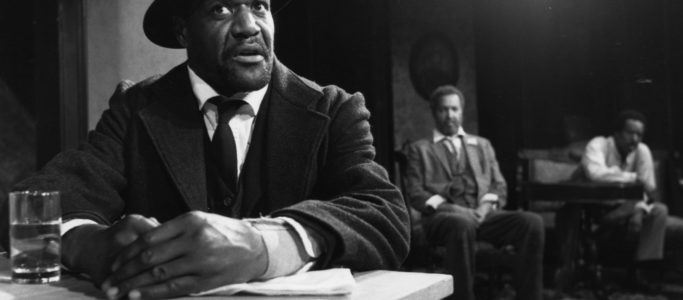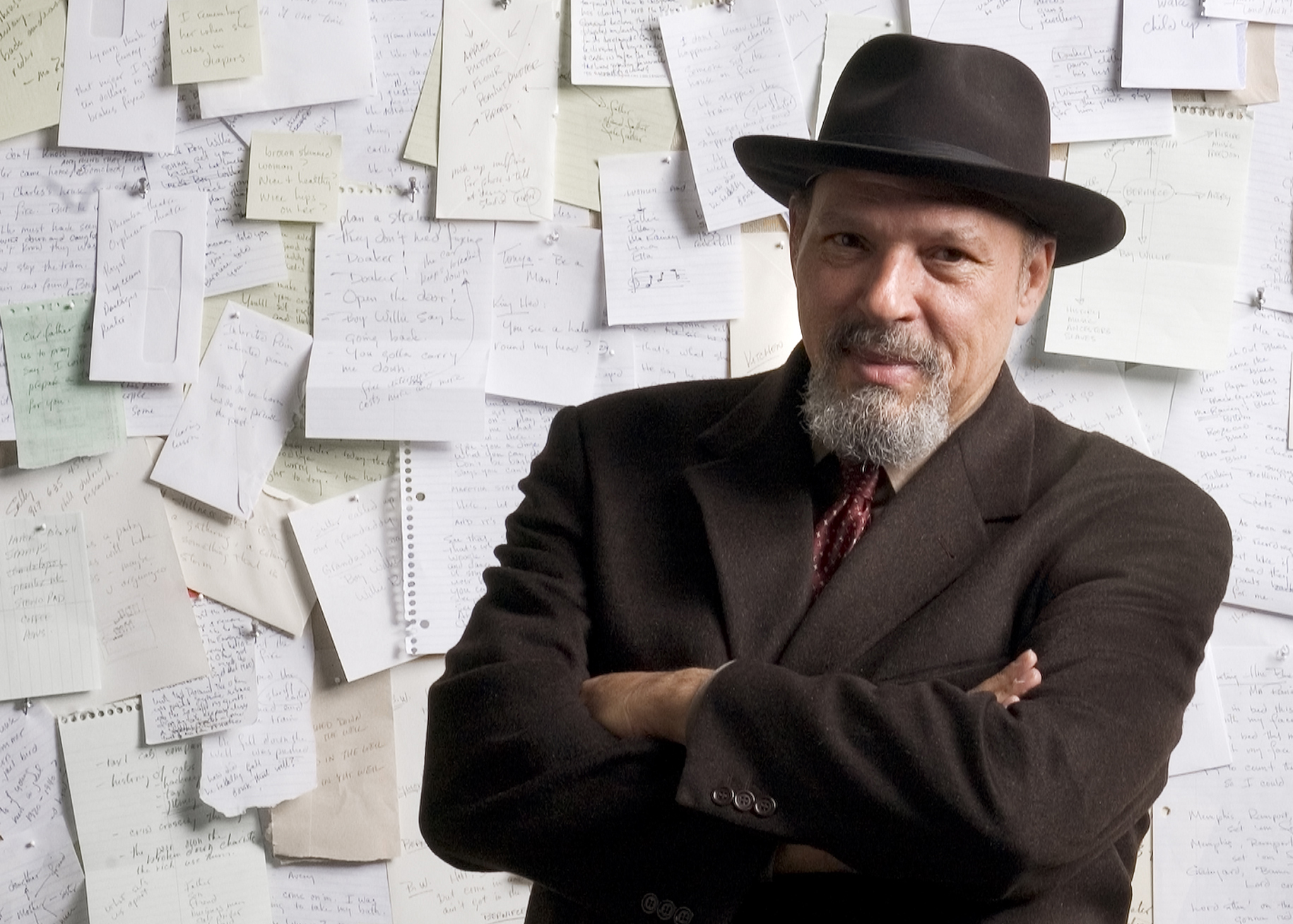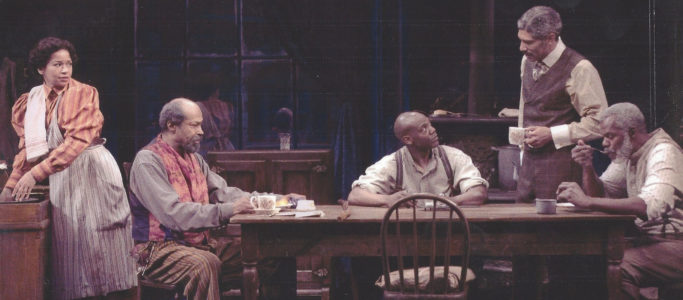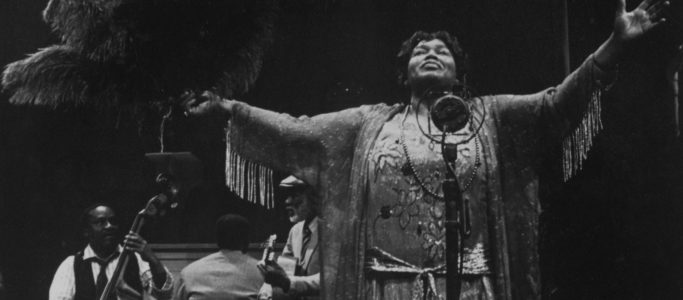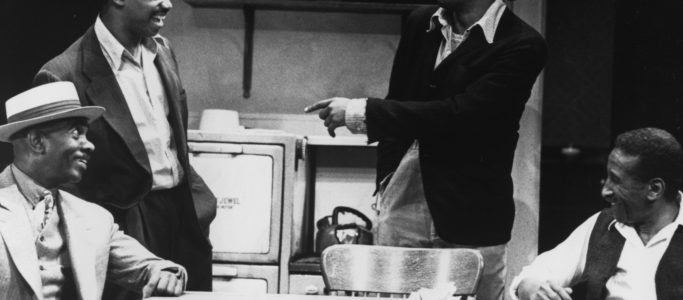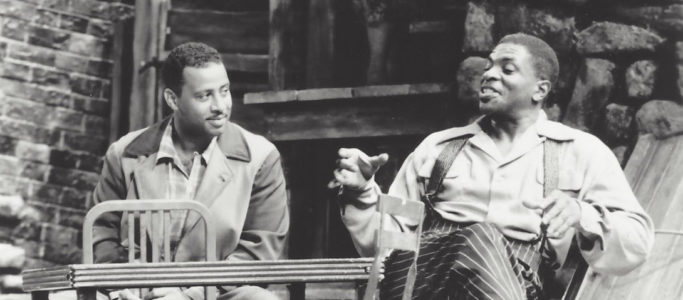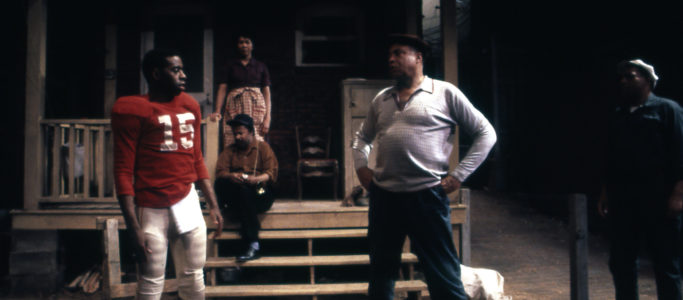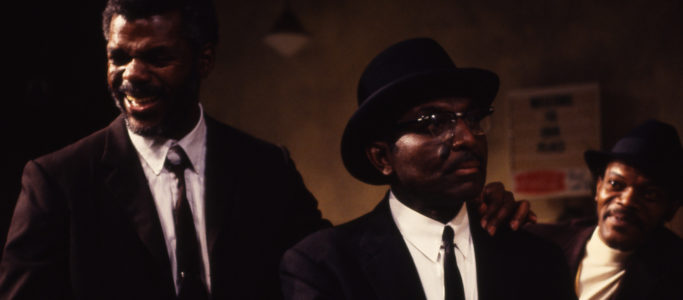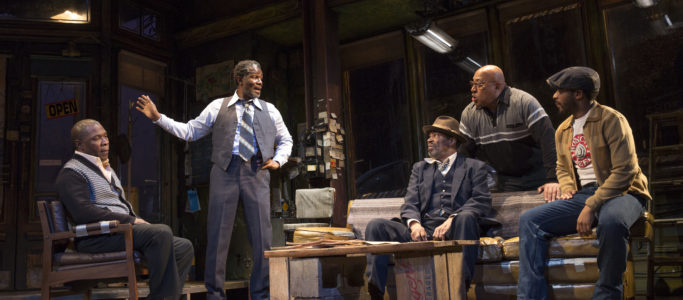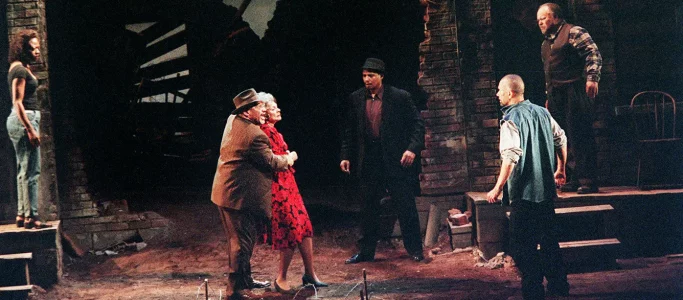Joe Turner’s Come and Gone
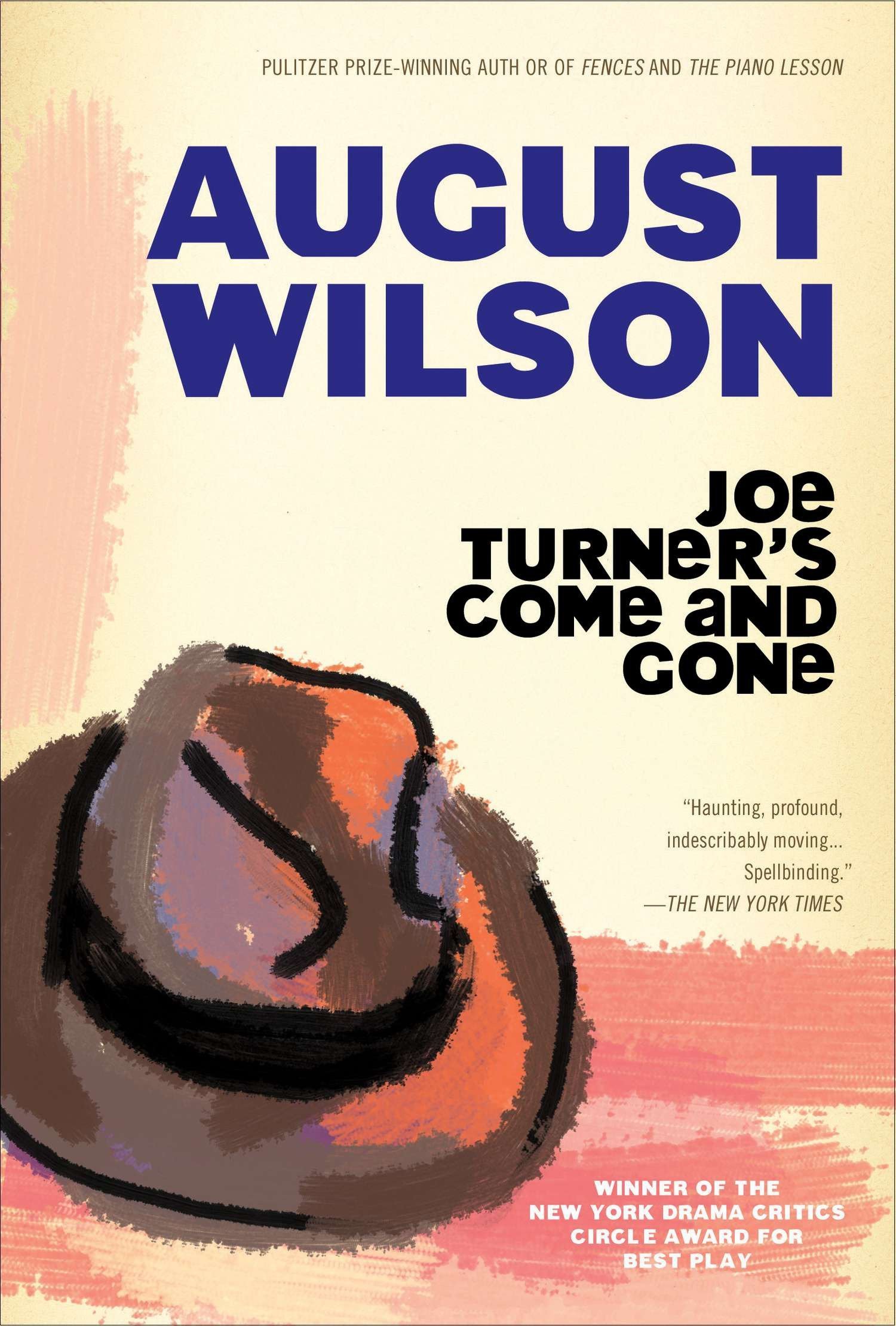
- Broadway Debut
-
March 27, 1988
Barrymore Theater
- Performances
- 105
In 1911, the haunted pasts of a group of transient housemates come to the surface at a Black boardinghouse.
Many consider Joe Turner’s Come and Gone Wilson’s most spiritually complex play, and in it, Wilson continues exploring motifs of African mysticism. The Great Migration lies under the surface of the action: recently freed Blacks travel to and from Seth Holly’s Pittsburgh boarding house, where he explains that they come “walking…riding…carrying their Bibles… coming up here from the country carrying Bibles and guitars looking for freedom. They got a rude awakening.” The protagonist, Herald Loomis, is oppressed by the memory of the bounty hunter, Joe Turner, who illegally enslaved him and kept him for seven years. In order to realize his true self, he must find his “song” with the help of fellow Blacks who act as powerful griots. This song is both metamorphic and mystic, and only by finding it can Herald Loomis be truly freed from his haunting nightmare of his enslaved past.
In His Own Words
“Now, I used to travel all up and down, this road and that… looking here and there. Searching. Just like you, Mr. Loomis. I didn’t know what I was searching for. The only thing I knew was something was keeping me dissatisfied. Something wasn’t making my heart smooth and easy. Then one day my daddy gave me a song. That song had a weight to it that was hard to handle. That song was hard to carry. I fought against it. Didn’t want to accept that song. I tried to find my daddy to give him the song. But I found out it wasn’t his song. It was my song. It had come from way deep inside me.”Bynum, Act 2, Scene 2

August Wilson:
The Writer's Landscape
August Wilson: The Writer’s Landscape, the first-ever exhibition dedicated to the life and works of the Pulitzer Prize-winning playwright, will open in spring 2022. The permanent exhibition will explore the people and places of Pittsburgh, where Wilson was born and raised, and which had a profound impact on shaping his worldview.
Explore Exhibit
